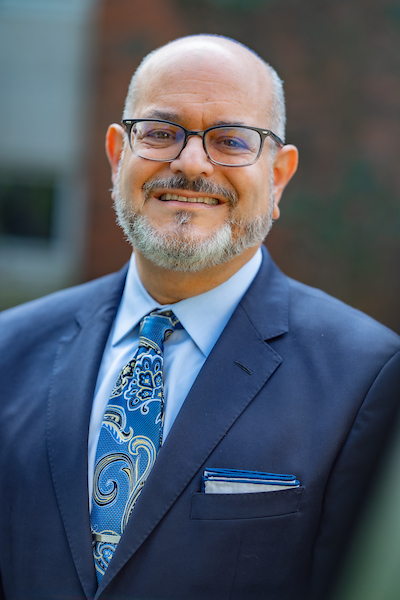Reform Judaism has a long and proud history of working for the full inclusion and affirmation of LGBTQ+ people in Jewish life and for their full civil rights. As early as 1965, the Women of Reform Judaism called for the decriminalization of "homosexuality," a term no longer used as it was oppressively pathologized and included in the DSM (Diagnostic & Statistical Manual) as a medical diagnosis until 1973. Resolutions by the Union for Reform Judaism, the Central Conference of American Rabbis, and NFTY – The Reform Youth Movement followed. Both NFTY and the URJ’s summer camps have taken steps to become more affirming of transgender participants in their religious materials and content, application forms, facilities, and programs. The social justice hub of the Reform Movement, the Religious Action Center (RAC), has been at the forefront of the fight for LGBTQ+ equality. That being said, we recognize both our Movement and the world at large has much more work to do with respect to LGBTQ+ and gender equity.
We are guided by the belief that all human beings are created b’tzelem Elohim (in the Divine image). As it says in Genesis 1:27,
“And God created humans in God’s own image, in the image of God, God created them; male and female God created them.”
Rabbi David Saperstein, director emeritus of the RAC, has said,
“[R]egardless of context, discrimination against any person arising from apathy, insensitivity, ignorance, fear, or hatred is inconsistent with this fundamental belief. We oppose discrimination against all [LGBTQ+ individuals], for the stamp of the Divine is present in each and every one of us.”
In 2015, the Reform Jewish Movement led the religious community in affirming the rights of transgender and gender expansive people. The Reform Movement stated that it:
"Affirms its commitment to the full equality, inclusion, and acceptance of people of all gender identities and gender expressions."
Today, in addition to several congregations whose primary outreach is to the LGBTQ+ community, LGBTQ+ Jews and their families are present and essential in all Reform congregations and communities. LGBTQ+ Jews may be ordained as rabbis and cantors and serve throughout the Reform Movement. Most Reform rabbis and cantors gladly officiate at same-sex and LGBTQ+ ceremonies.
Below are some resources you can share with your communities and advocate for change:
- Understand the importance of pronoun usage by reading the URJ's Quick Guide to Pronouns.
- Utilize the Transgender Inclusion Guide from the URJ and Keshet.
- Create a Diversity, Equity, and Inclusion working group in your community.
- Attend one of the URJ's REDI 101 trainings.
- Take political action through the URJ's Religious Action Center.
Give to the URJ
The Union for Reform Judaism leads the largest and most diverse Jewish movement in North America.

